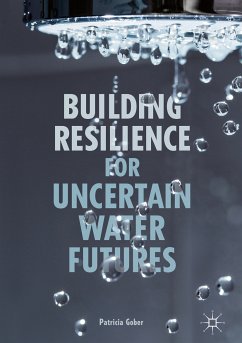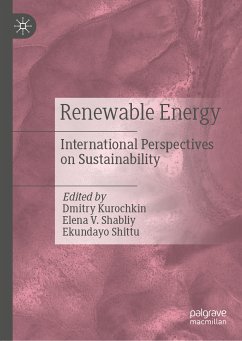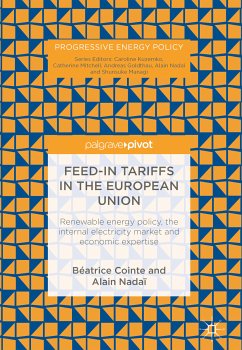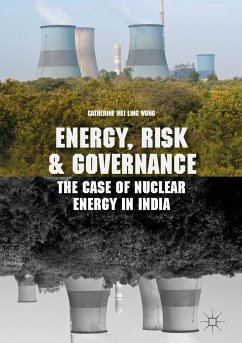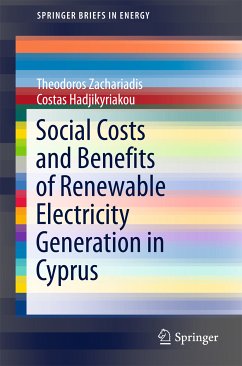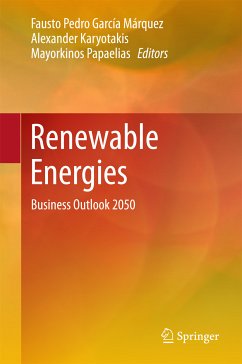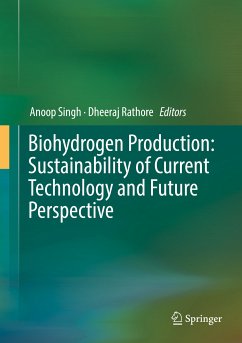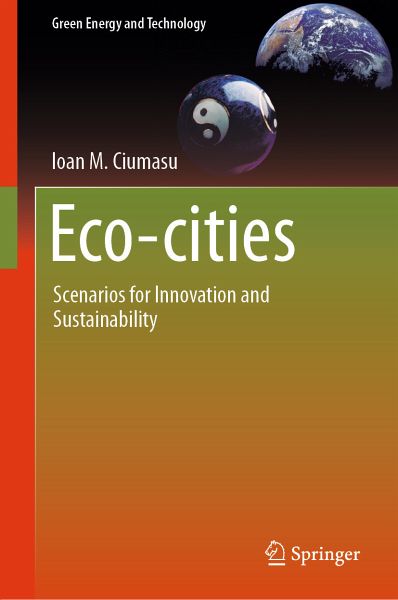
Eco-cities (eBook, PDF)
Scenarios for Innovation and Sustainability
Versandkostenfrei!
Sofort per Download lieferbar
92,95 €
inkl. MwSt.
Weitere Ausgaben:

PAYBACK Punkte
46 °P sammeln!
Provides a review of recent eco-city concepts and knowledge management tools for effective decision-making in the transition to urban sustainability
Aims to serve as a toolbox for those interested in urban transformation toward sustainability
Draws from literature and pioneering experience in innovation clusters during the last decade
Aims to serve as a toolbox for those interested in urban transformation toward sustainability
Draws from literature and pioneering experience in innovation clusters during the last decade
Dieser Download kann aus rechtlichen Gründen nur mit Rechnungsadresse in A, B, BG, CY, CZ, D, DK, EW, E, FIN, F, GR, HR, H, IRL, I, LT, L, LR, M, NL, PL, P, R, S, SLO, SK ausgeliefert werden.



